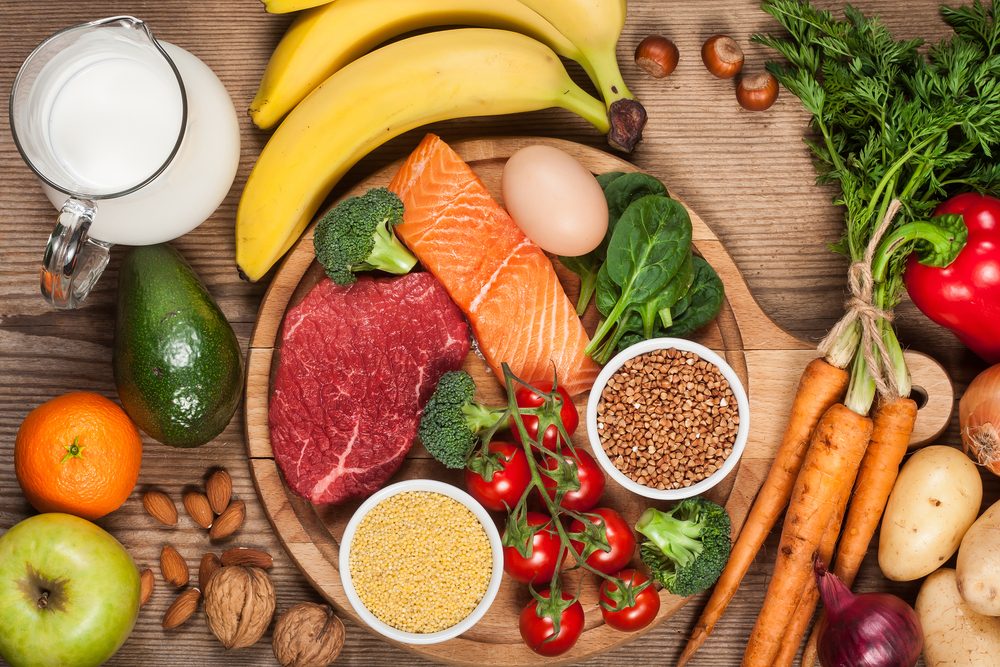ALS News Today Forums › Forums › ALS Progress › ALS News › A Nutritionist’s View on ALS
-
A Nutritionist’s View on ALS
Posted by ALS News Today Moderator on August 22, 2019 at 11:03 am
Are you following a special diet to support your life with ALS? Did you find this information from Alana helpful?
Dagmar replied 4 years, 8 months ago 3 Members · 4 Replies -
4 Replies
-
While I support the author’s wellness approach (and that we are both yoga and meditation instructor’s), she does not indicate having experience working with or counseling ALS patients.
This article is a nice summary of news articles recently posted on ALS News Today, however… and most important:
…the Deanna Protocol was evaluated by Dr. Richard Bedlack (neurologist at Duke University) in 2014, and determined NOT recommended for ALS patients. No human trials have been conducted; only with mice.
Here is Dr. Bedlack’s review:
https://www.tandfonline.com/doi/full/10.3109/21678421.2013.788405 -
I am following basically the same type of diet I have followed for many years: lots of green and colorful vegetables (I love kale and spinach), lots of fruit (berries, bananas, apples, oranges), lean sources of protein, healthy grains and olive oil for both cooking and dressing salads. However, I have increased the amount of animal protein, including eggs, I consume. I used to love concocting meals from kale, spinach, a variety of cooked legumes and cheeses like goat, Gruyere, parmesan, even cottage cheese. I cut red meat out of my diet many years ago because I simply lost the taste for it.
I had never heard of carnitine before reading Ms. Kessler’s piece a few days ago, so I decided to try eating red meat again because it seems to have higher levels of carnitine than other animal or vegetable sources. I came across the Deanna Protocol several months ago but found information that, as Dagmar comments, casts real doubt on its efficacy. I’m glad Dagmar has confirmed for us that Dr. Bedlack does not recommend it for ALS patients. I can stop worrying about whether or not I’m missing out on something.
Whereas I was happy to rely mostly on vegetable sources of protein before my ALS diagnosis, I’m now making sure to eat chicken, fish (salmon) and lean beef (not more than once a week) at least six days a week. For fiber, I have oatmeal for breakfast and frequently a baked sweet potato at dinner. I have gained weight and seem to be maintaining it. Between meals, I usually drink two bottles of Boost three times a day and snack on trail mix (nuts, dried fruit, chocolate and coconut) as recommended by my nutritionist.
-
I’d like to add one more comment to my reply above. This is with respect to Ms. Kessler’s mention of vitamin B12 injections. I’d come across other favorable recommendations for vitamin B-12 in my internet searches so after reading Ms. Kessler’s article, I sent a message to my neurologist. Here is his response:
<span class=”m_-3637670416537670622gmail-Body”>Injections of high dose B12 do not slow progression of the disease.
Anecdotally I have heard people feel better with B12. But science has born no fruit for B12 as an agent to slow down the disease.
And we have seen the sublingual B12 is equal to injections so you could save yourself the shots and try the sublingual form at 2000-4000 mcg every day. I have never seen any toxicity with B12 in high doses, so if you wanted to do it, I would back you 100%.
</span>I would be interested in hearing from pALS who may be taking the sublingual B12 about possible benefits they feel it has had for them.
Thank you for posting these interesting discussion questions.
-
Thank you Diana for sharing your neurologist’s comments about B12. Yes, I have seen both injections and sublingual versions offered to patients with fibromyalgia and B12 deficiency – – it gives a temporary feeling of energy. But also correct that B12 has no direct effect on ALS.
I too was following a healthy diet pre-ALS. In fact, I was a lacto-ovo vegetarian for 11 years! When I was diagnosed with ALS, my neurologist recommended I eat more protein – – I switched to being a meat-eater. Healthy, balanced meals with healthy snacks. I am able to keep my weight, my energy and… enjoy my meals!
I believe the extreme diets and mega-supplements put our bodies and digestive systems under strain – – which added to adjusting to how ALS affects the body, is additional strain we just don’t need.
Log in to reply.
